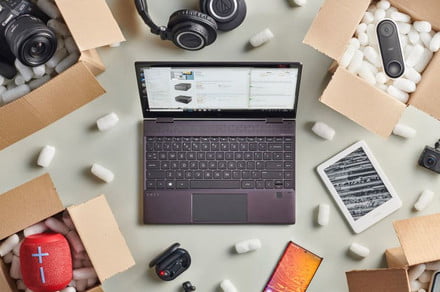Social Media’s Influence on Society
Social media has become a defining feature of our modern world. From how we communicate with friends and family to how we digest news and express opinions, social platforms have reimagined every facet of our daily lives. But what does that really mean for society at large? In this article, we’ll explore Social Media’s Influence on Society from multiple angles—psychological, cultural, political, and economic—to paint a full picture of its lasting impact.
The Evolution of Social Media Platforms
Social media has come a long way since the early days of MySpace and AOL chat rooms. The landscape today is dominated by platforms like Facebook, Instagram, TikTok, and X (formerly Twitter). Each of these networks offers unique ways to interact—whether through short videos, curated photo feeds, or real-time conversations.
As technology advanced, so did user engagement. Algorithms became more sophisticated, content became more personalized, and social interaction went global. This evolution has paved the way for both unprecedented connectivity and unexpected consequences.
Psychological Effects of Social Media
Dopamine-Driven Feedback Loops
Social platforms are designed to be addictive. Every like, share, and comment triggers a dopamine release, similar to what happens when you eat chocolate or win a game. This constant craving for digital validation can turn into a compulsive habit.
FOMO and Anxiety
Fear of Missing Out (FOMO) has been amplified by social media. Seeing others’ highlight reels can lead to feelings of inadequacy and anxiety. The curated lives of influencers and peers create unrealistic expectations.
The Social Comparison Trap
Many users find themselves comparing their lives to others, leading to a distorted self-image. Studies show that heavy use of Instagram is linked to lower self-esteem, particularly among teens and young adults.
Impact on Personal Relationships
Digital Intimacy vs. Real-World Connection
Text messages and emojis can’t replace the nuances of face-to-face conversation. While social media makes it easier to stay in touch, it can also erode the quality of real-world relationships.
Online Dating and Romantic Relationships
Apps like Tinder and Bumble have revolutionized dating. While they offer more options, they’ve also contributed to superficial interactions and “ghosting” culture.
Friendships in the Digital Age
Friendships today often begin and evolve online. Platforms like Discord, Reddit, and group DMs foster new types of connections, but they may lack the depth and trust built in offline relationships.
Influence on Youth and Teenagers
Identity Shaping
Teens use social media to explore their identities. While this can be empowering, it also exposes them to peer pressureand harmful trends.
Cyberbullying
Unfortunately, anonymity and screen distance often fuel cyberbullying. Victims experience stress, depression, and isolation at higher rates than those bullied in person.
Screen Addiction
Many young users spend 7–9 hours per day on screens. This screen time is often spent scrolling mindlessly, leading to addiction and mental fatigue.
The Future of Social Media and Society
As AI and virtual reality enter the scene, social media will become even more immersive. We must demand ethical design, transparency, and a focus on user well-being. Social media is a powerful force—one that can heal or harm, connect or divide. Understanding its influence on society allows us to use it wisely and demand better from the platforms that shape our world. Whether you’re a casual user or an influencer, remember: how you use social media matters.
FAQs: Social Media’s Influence on Society
1. Is social media harmful to mental health?
It can be, especially with excessive use. However, when used mindfully, it can also offer support and connection.
2. How does social media affect teenagers?
It influences their self-image, behavior, and mental health. It can be both a space for growth and a source of stress.
3. Can social media positively impact society?
Absolutely. It has enabled activism, education, and global communication like never before.
4. What is digital detox, and should I try it?
A digital detox is a break from social platforms to improve focus and mental health. Many find it refreshing and grounding.
5. How do algorithms influence what we see online?
They curate content based on your behavior, creating echo chambers and filter bubbles that limit perspective.
6. Are influencers trustworthy sources of information?
It depends. Some are experts in their fields, while others may promote products or views without proper vetting.











